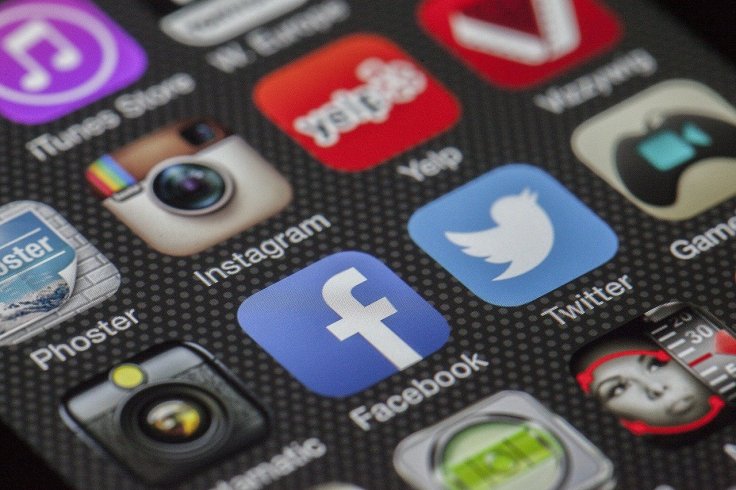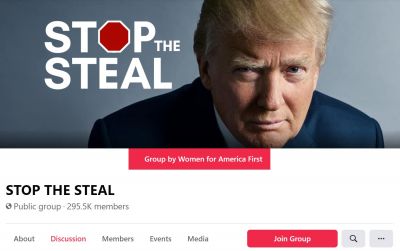The 2020 U.S. Presidential Election has been unprecedented. Even after three days of counting, the presidential race remains razor-thin with millions of Americans still waiting to know who will their next president be. But the longer the wait is, the more misinformation about the election process is being spread on the social media platform.
The incumbent President Donald Trump and his close associates have claimed widespread voter fraud that has been shared thousands of times by his supporters on Facebook and Twitter. While neither Trump nor his aides have offered any concrete evidence, and his posts and statements have led to civil unrest in many states with supporters protesting outside counting centers. The seemingly peaceful protests are also turning violent at times. That has forced Facebook to take down posts and Twitter to flag them. Facebook now has deployed an emergency protocol named "break glass" to limit the reach of posts possibly containing misinformation.
Through the protocol, Facebook said it is limiting content reach on its platform and Instagram for the posts and live videos that contain debunked claims about voter fraud. Trump and his supporters have accused the social media giants of trying to "steal" the election by demoting their contents.

"As vote counting continues, we are seeing more reports of inaccurate claims about the election. While many of these claims have low engagement on our platform, we are taking additional temporary steps, which we've previously discussed, to keep this content from reaching more people," the company said in a statement.
Break Glass Tool
As per Facebook's own metrics, there has been a 45-percent increase in "violence and incitement trends that is based on search terms and hashtags on the platform. According to BuzzFeed News which saw the internal post from Facebook reported that the upward trend was slow but since the election night, there has been a rise in popularity of posts/ hashtags "related to conspiracy theory and general unhappiness." The search score for such terms was 400 on October 31 but in the last 24 hours (from November 5), it increased close to 580.
"We have developed break-glass tools which do allow us to – for a temporary period of time – effectively throw a blanket over a lot of content that would freely circulate on our platforms," Facebook's head of global affairs, Nick Clegg told USA TODAY.

Facebook has been reluctant in controlling such posts in the past. In the 2016 Presidential Election, it was accused of fueling the fire by not limiting the reach of misinformation while in India, the platform faced greater scrutiny for not taking down posts that incited communal disharmony and hate speech. Since the election day, several thousands of posts have spread misinformation regarding Pennsylvania's voting and counting process.
But now Facebook wants to be "as responsible as we can to prevent that content, wittingly or otherwise, from aiding and abetting those who want to continue with the violence and civil strife that we're seeing on the ground."
Misinformation Detector
In August, Facebook tested a new artificial intelligence tool that could detect a fake account based on its interaction, friend list, past behavior. The tool then predicts if the account is likely to post or spread misinformation. However, the tool doesn't remove posts. Instead, it is left to the human moderators to understand if the post can lead to violence.



For example, all posts with hashtags such as #RiggedElection and #VoterFraud may not be risky. But both have been associated with posts to promote misinformation and civil unrest. Thus, once the posts are flagged by the AI tool, human moderators determine if they are risky and take a decision based on their underline meaning.
Taking Down Accounts
Thanks to its detection efficiency, Facebook took down a Pro-Trump group named "Stop the Steal" on Thursday for "worrying calls for violence". The group garnered over 350,000 followers in just two days with close to 7,000 posts calling for "boots on the ground to protect the integrity of the vote."
As per Rolling Stone, the group was started by a conservative nonprofit organization Women for America First. But it spread debunked rumors about voter fraud saying that ballots for Trump were being thrown away. However, when Trump supporters started gathering at a few vote tally rooms based on the unfounded claims, Facebook decided to take it down.









